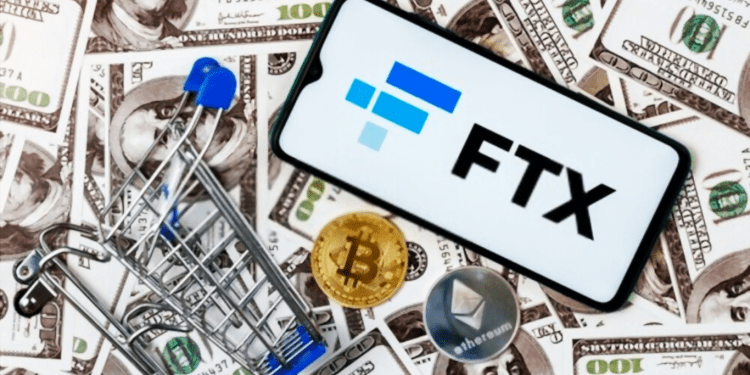- FTX’s plan to exit bankruptcy is facing serious backlash from the Official Committee of Unsecured Creditors (UCC), due to a lack of engagement with them.
- The UCC criticizes the plan’s one-sided nature and the absence of a relevant crypto expert, threatening to propose its own plan if disregarded.
- This dispute underscores the complex challenges in restructuring a major exchange, sending a warning to the entire cryptocurrency industry.
FTX, a once-powerful crypto exchange, has found itself caught in a storm of controversy as it attempts to claw its way out of bankruptcy. Its recent plan to reorganize and relaunch has sparked alarm and protest from a key group of stakeholders – the Official Committee of Unsecured Creditors (UCC).
FTX’s draft proposal, presented as part of Chapter 11 bankruptcy proceedings, was supposed to lay the groundwork for the exchange’s resurrection. It detailed a series of steps, including categorizing customer claims and outlining a recovery strategy. However, what was intended to be a promising path to revival has instead ignited a heated battle.
The UCC, deeply disappointed by the one-sided nature of FTX’s plan, has openly voiced its dissatisfaction. The committee feels neglected by FTX, and its frustration is fueled by a lack of communication despite previous promises and ongoing requests for dialogue.
The committee went further, attacking the plan for what it perceived as glaring shortcomings. The UCC saw the late filing of the proposal as a superficial attempt to project progress, without genuinely considering different viewpoints. The entire blueprint, they argued, was exclusively crafted around FTX’s interests, ignoring critical insights that could have been provided by the committee.
Among the UCC’s main grievances was the absence of a seasoned crypto expert who could lead the revived FTX. Additionally, they underlined the need for a compliant recovery token and emphasized fair compensation for the customers hardest hit by FTX’s downfall. To navigate these complexities, they insisted on garnering support from the myriad of customers and creditors involved.
While the UCC did recognize some willingness on FTX’s part to adjust the plan, they made it clear that mere adjustments would not suffice. Genuine engagement, acknowledgment, and acceptance of their insights into the ever-changing crypto markets were vital.
The UCC has taken a bold stance, warning FTX that if their input continues to be brushed aside, they are ready to propose an alternative plan and let the customers decide. This brewing conflict illustrates the intricate and sometimes antagonistic nature of restructuring a prominent exchange.
Whether FTX will bend to the UCC’s wisdom or a legal battle will ensue, only time will tell. Either way, the unfolding situation is a stark reminder to the crypto world of the challenges that may arise when navigating the tumultuous waters of financial recovery.
FTX on Months After Chapter 11 Bankruptcy
On November 11 and 14, 2022, FTX and its affiliated companies embarked on a large-scale restructuring process by filing for Chapter 11 Bankruptcy. This move included not only FTX Trading Ltd. but extended to many associated entities such as Alameda Research, Clifton Bay Investments, West Realm Shires Services, and even FTX Exchange FZE, among others.
The Chapter 11 filings, a legal pathway enabling firms to reorganize and refinance while maintaining operations, suggested a complex transformation to return the companies to financial health. However, the specific triggers for this move, along with the detailed plans for recovery, remained undisclosed. This significant development has put a spotlight on FTX and its connected businesses, leaving industry watchers eager for further insights into the unfolding restructuring.














